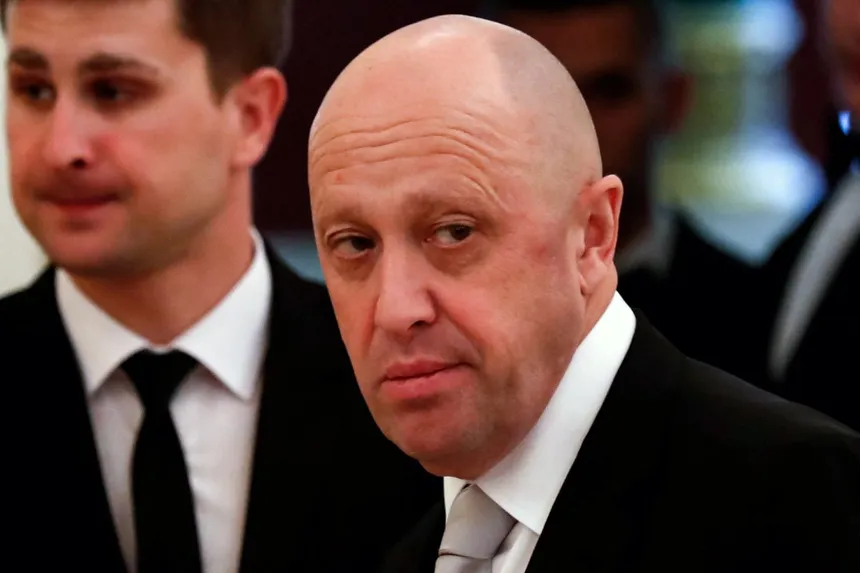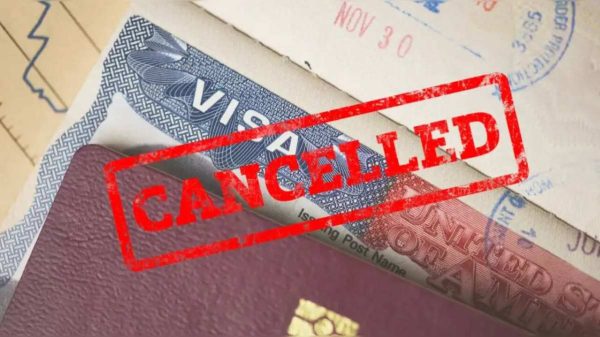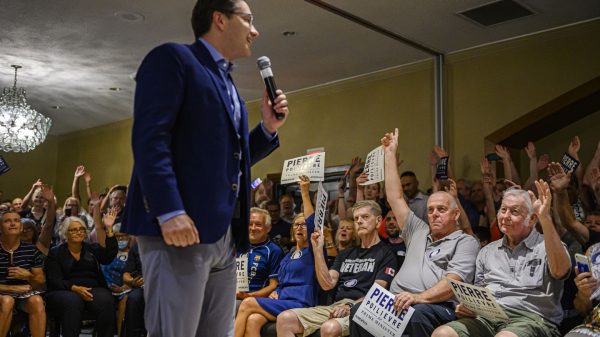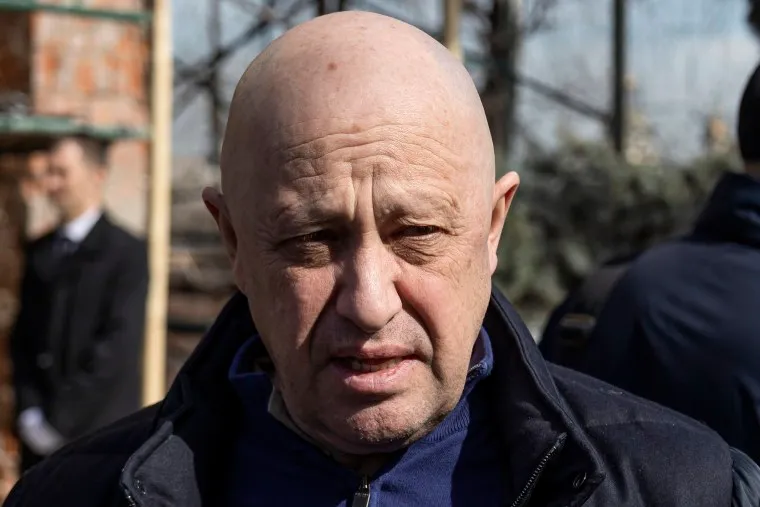The devastating loss of life among the Russian private army Wagner, led by Yevgeny Prigozhin, in the nine-month battle for Bakhmut has been staggering. The war has claimed the lives of over 20,000 of its fighters, according to Prigozhin himself, a number that significantly exceeds the official estimate of 6,000 troops lost in the war. This loss is even more poignant considering the historical context, as it surpasses the Soviet losses in the Afghanistan war, which claimed the lives of 15,000 troops between 1979 and 1989.
Despite the heavy toll, the war rages on, with Ukraine continuing to resist Russia’s invasion. The Kremlin’s goal of “demilitarizing” Ukraine has failed, and instead, Kyiv’s military has become stronger due to the supply of weapons and training by its Western allies. The heavy fighting inside Bakhmut continues, with Ukrainian forces determined to hold onto their ground.
Prigozhin acknowledged that the Kremlin’s forces have killed civilians during the war, contradicting Moscow’s repeated and vehement denials. This admission is a blow to the Russian regime’s attempts to downplay the human toll of the war. The Ukrainian General Staff reported “heavy fighting” continuing inside Bakhmut, days after Russian forces claimed to have completely captured the devastated city.
The war has also taken a toll on the Russian military’s morale, with Prigozhin expressing concerns about the possibility of a Kyiv counter-offensive in the coming weeks, fueled by continued Western support. He warned of a “hard war” ahead, highlighting the importance of preparing for a prolonged conflict.
In a separate incident, Russia’s western Belgorod region witnessed a reported attack by Ukrainian forces, which was reportedly repelled by Russian forces, leaving over 70 attackers dead and several civilians wounded. Local authorities reported shooting down a large number of drones overnight, causing damage to administrative buildings, residential buildings, and cars.

Yevgeny Prigozhin (Via Yevgeny Prigozhin/Twitter)
As the war rages on, the devastating human cost of the conflict cannot be overstated. Over 10 million people have been displaced, and the war has led to widespread destruction and human suffering. Despite the heavy losses, Prigozhin remains defiant, claiming that his men are still fighting on the outskirts of Bakhmut and that his forces will not give up. However, the battlefield seems to be shifting in favor of Ukraine, with Western backing and supplies yielding significant gains for Kyiv’s military.
The war has also put a strain on Russia’s resources, with Prigozhin’s admission of heavy losses highlighting the country’s struggle to maintain its military efforts. The Russian regime has repeatedly downplayed the human toll of the war, but Prigozhin’s acknowledgment of civilian casualties casts a shadow over Moscow’s claims. The war’s impact on civilians is a stark reminder of the devastating consequences of military conflict.
As the war continues, the international community remains divided on how to address the conflict. Western countries have imposed sanctions on Russia, while others, such as China, have chosen to maintain relations with Moscow. The war’s humanitarian impact is a pressing concern, with aid organizations working to provide relief to those affected.
The question remains, how long will the war continue? Will the Russian regime be able to maintain its military efforts, or will the cost become too high to bear? One thing is certain, the human toll of the war will continue to rise, and the devastating consequences of military conflict will be felt for years to come.











































